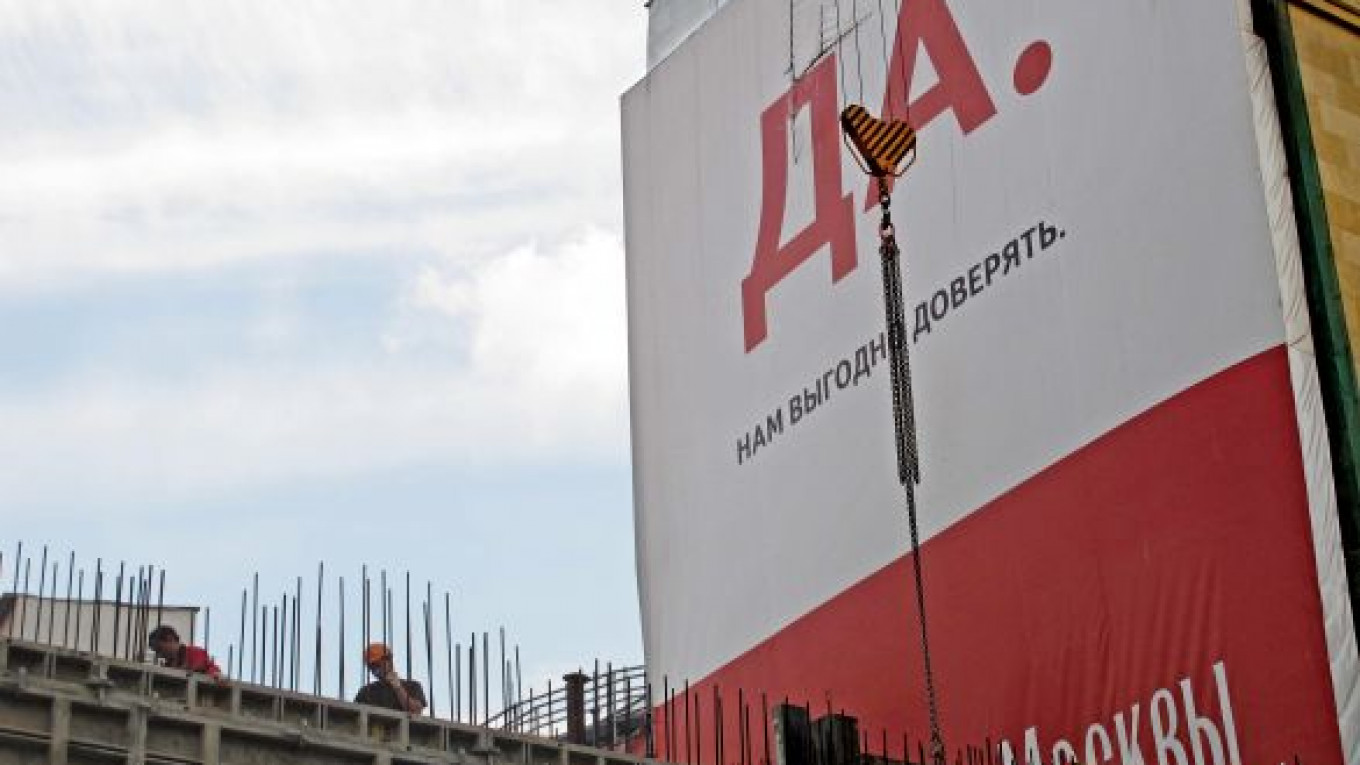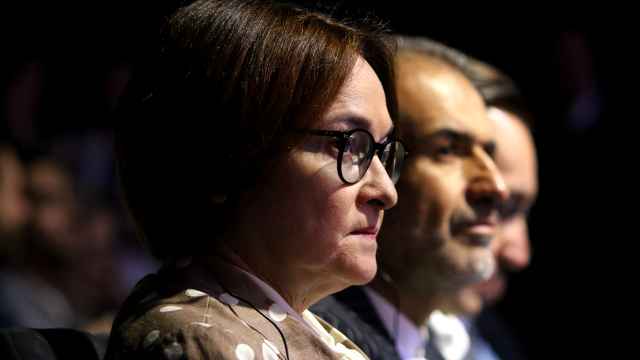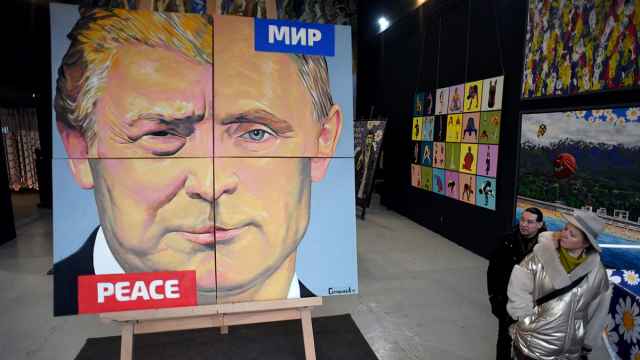The high level of related-party lending engaged in by Russian and CIS banks is indicative of poor corporate governance and lax underwriting standards — and is a structural weakness of the entire banking sector, according to a report released by Moody's credit rating agency.
Although Russian banks saw a small decline in related-party lending in 2010, the average amount of related-party loans issued by banks across the region was 10 percent of gross loans and 50 percent of shareholders' equity.
The report, released Thursday, said this rate of related-party lending was five times higher than in Central and Eastern Europe and twice as high as in the Middle East.
Moody's cited Bank of Moscow, which required the largest state bailout in modern Russian history after a July announcement of a $14 billion hole in its finances, as an example of the danger of a lender working with customers with whom it has an organizational, political or personal relationship.
Bank of Moscow was closely tied to City Hall under the former mayor of Moscow, Yury Luzhkov, and had links with the sprawling business empire of his wife, Yelena Baturina. The Central Bank said at the time of the scandal that almost a third of Bank of Moscow's loans were "problematic."
Moody's made a direct correlation between high instances of related-party lending and significant levels of problem loans. Banks that engage heavily in this practice "cannot enforce or obtain extra collateral due to the special nature of their relationship with related borrowers and inherent conflicts of interest," the report said.
In 2010, Russian, Kazakh, Ukrainian and Armenian banks decreased their related-party exposures as a percentage of capital. Exposure increased for Belarussian, Azeri and Uzbek banks.
Related-party loans are more prevalent in small and midsized regional banks with assets below $10 billion that tend to have established shareholder-linked client bases and operate in geographically restricted areas of low business diversification.
The report also warned that the level of related-party lending was likely to be significantly more than can be identified through official records and publicly available statistics.
Though based on 116 banks in Russia and the Commonwealth of Independent States that together represent 70 percent to 80 percent of banking system assets, the report warns that because of regulatory weakness and opaque holding structures, much remains hidden from the eye of the observer.
Moody's did not include related-party exposure through securities (bonds and equities), interbank and off-balance sheet credit commitments in the survey.
Russian banks increased their lending to non-financial companies by 2.5 percent in August, bringing the annual increase to 19 percent, said Mikhail Sukhov, head of the Central Bank's licensing department, Bloomberg reported.
Speaking at a banking conference in Sochi, Sukhov said retail lending had grown 28 percent on the same period last year and 3.3 percent in August.
A Message from The Moscow Times:
Dear readers,
We are facing unprecedented challenges. Russia's Prosecutor General's Office has designated The Moscow Times as an "undesirable" organization, criminalizing our work and putting our staff at risk of prosecution. This follows our earlier unjust labeling as a "foreign agent."
These actions are direct attempts to silence independent journalism in Russia. The authorities claim our work "discredits the decisions of the Russian leadership." We see things differently: we strive to provide accurate, unbiased reporting on Russia.
We, the journalists of The Moscow Times, refuse to be silenced. But to continue our work, we need your help.
Your support, no matter how small, makes a world of difference. If you can, please support us monthly starting from just $2. It's quick to set up, and every contribution makes a significant impact.
By supporting The Moscow Times, you're defending open, independent journalism in the face of repression. Thank you for standing with us.
Remind me later.







